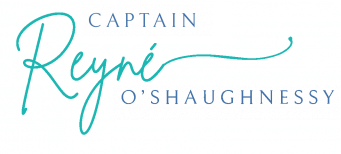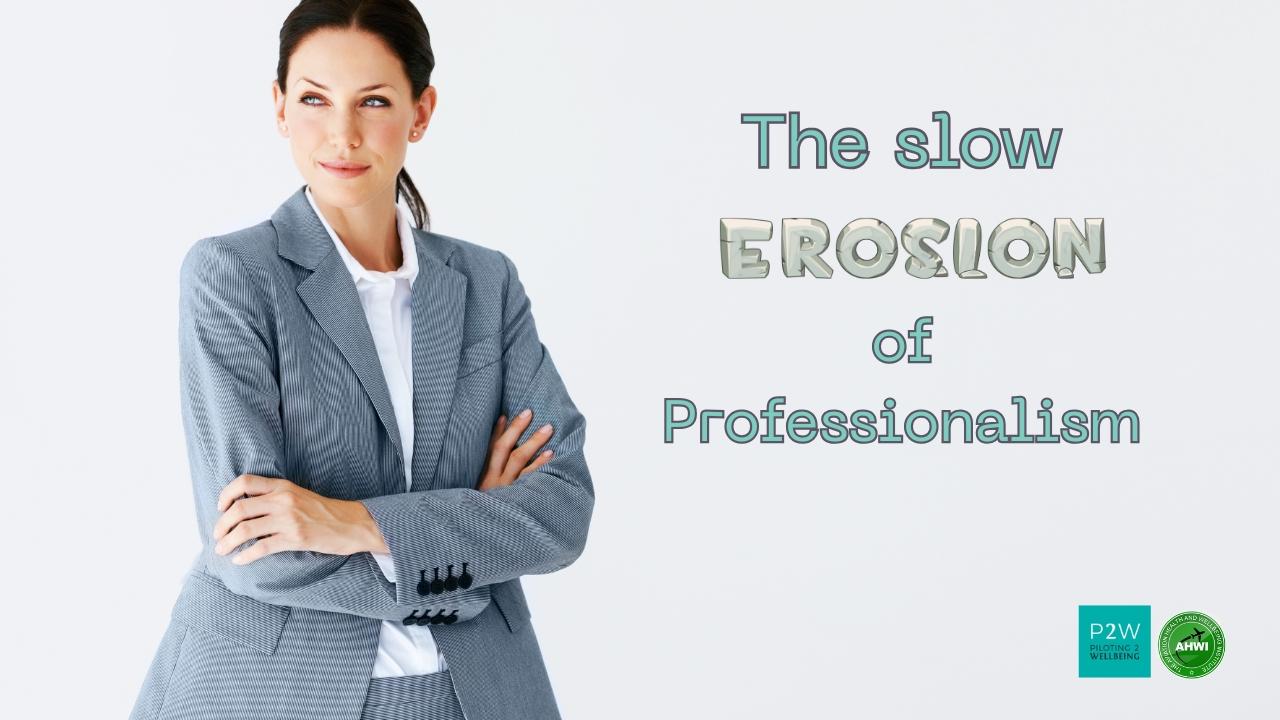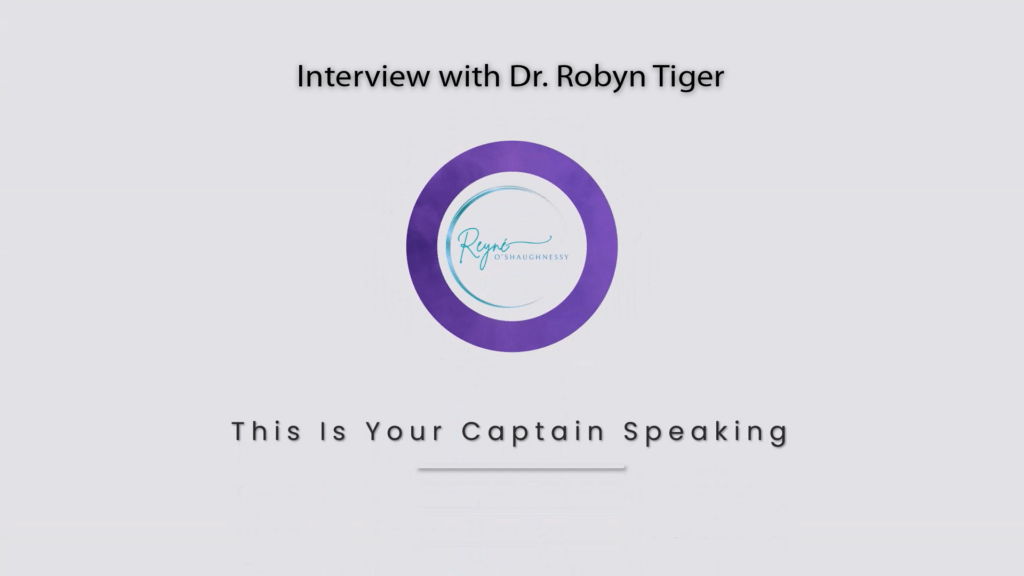Look Your Best. Be Your Best. Do Your Best.
Why We Need Professionalism Now More Than Ever
When I was a kid, my dad would drop me and my brother off at school every morning. And every morning — without fail — he’d say the same thing:
“Look your best, be your best, do your best.”
Of course, I’d try to jump out of the car before he could get the words out. It became a bit of a game between us. But the truth is, those words stayed with me. And after he passed, they took on a whole new meaning.
They weren’t just school uniforms or grades. They were about how you carry yourself in the world. About integrity. Effort. Presence. And really, about professionalism.
Which brings me to this month’s blog.
A few months ago, I received a call from a company grappling with a challenge they couldn’t quite name. Missed deadlines, communication breakdowns, rising turnover, and a vague but undeniable sense of disengagement across the board. This wasn’t a fly-by-night operation. It was a respected organization in the aviation industry. But truthfully, it could’ve been any company, anywhere.
And while I signed an NDA and won’t disclose the details, what I can say is this: the root issue wasn’t strategy or systems. It was something more human, more cultural — the slow erosion of professionalism.
Once considered non-negotiable, professionalism is now optional in too many corners of our workplaces. And it’s not just the private sector. I’ve seen the same trend in the military — the very institution where professionalism used to be the standard operating procedure. If we’re losing it there, you know it’s slipping everywhere.
So what happened?
Professionalism Used to Mean Something
It wasn’t just appearance or protocol. Professionalism meant taking pride in your work — and in how you showed up. It was about being reliable, respectful, and accountable — even when no one was watching. It created a baseline of trust. When someone said they’d get the job done, they did. When a leader walked into a room, their presence wasn’t about volume or bravado, but about steadiness and integrity.
Today, we’re witnessing a quiet cultural drift. Ghosting on interviews. Being inconsistent. Leaders canceling meetings with no notice. Lack of follow-up. Phone calls unreturned. Deadlines pushed — not for strategic reasons, but because someone simply didn’t prioritize.
And the kicker? Everyone feels it, but no one wants to name it.
Three Things to Know About Leadership and Professionalism
Your presence sets the tone.
Professionalism is contagious. When leaders show up consistently, communicate clearly, and follow through, teams mirror that. When they don’t? Teams unravel.
Trust is built in small moments.
Showing up on time. I used to tell my own kids, “If you’re not five minutes early, you’re late.” Responding to emails. Giving credit where it’s due. These aren’t minor tasks; they’re the architecture of trust. When skipped, the cost is culture.
Professionalism isn’t old-fashioned — it’s timeless.
In a world addicted to speed and flash, professionalism is a competitive advantage. It builds stability, safety, and performance, not just optics.
So Why Is It Disappearing?
Some of it may be cultural fatigue. Burnout. Lack of mentorship. Or maybe, in our rush to be more casual, we lost something vital. We’ve confused informality with authenticity. But they’re not the same. You can be approachable and polished. Honest and reliable. Human and consistent.
And here’s the part we don’t talk about enough: professionalism and wellbeing are deeply intertwined. When people are running on fumes — chronically tired, stressed, or stretched too thin — the first thing to erode isn’t skill, it’s steadiness. Courtesy slips. Accountability fades. Communication falters. Not because people don’t care, but because they’re overwhelmed.
Wellbeing isn’t a perk — it’s a prerequisite for professionalism.
You can’t expect high standards from a workforce that’s burned out or emotionally underwater. If we want to bring professionalism back, we have to treat human sustainability as core to how we lead, manage, and structure our work.
Professionalism isn’t about perfection. It’s about intention. It’s about showing that you care, not just about the work, but about the people you do it with.
Let’s Not Lower the Bar — Let’s Raise It Back Up
This isn’t a rant about “the good old days.” It’s a reminder that we can choose a better standard. We can still write thank-you notes. We can still dress respectfully for now. We can still mentor younger professionals by modeling what steadiness looks like.
Professionalism isn’t performative — it’s powerful. And in an era when people are desperate for clarity, trust, and true leadership, maybe it’s exactly what we need most.
Until next month, be well,
Reyné
About the Author
![]()
Reyné O’Shaughnessy is a retired FedEx captain, TEDx speaker, author, and founder of the nonprofit Aviation Health and Wellbeing Institute (AHWI). With over 35 years in the cockpit and a lifelong commitment to advancing safety and performance in aviation, she now champions the mental, physical, and emotional wellbeing of high-performing professionals. Through AHWI and her national retreats, she creates bold spaces for women in aviation and beyond to recalibrate, rise, and return to themselves.


